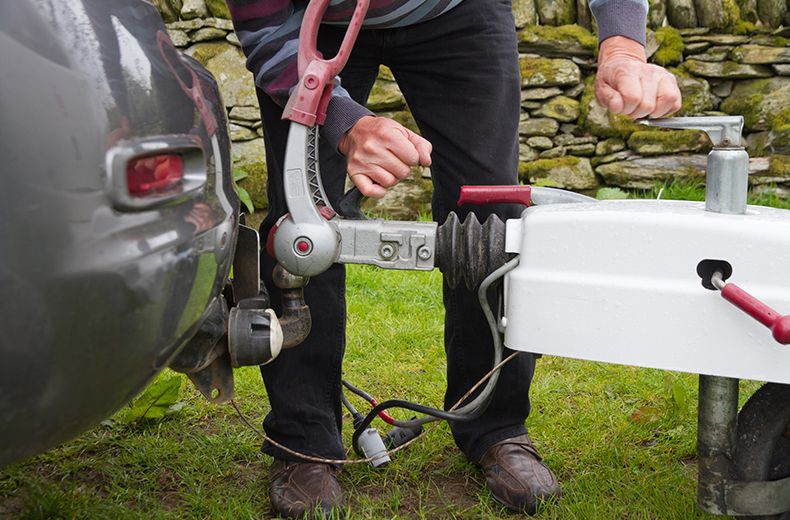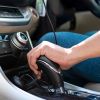There are around 4,000 incidents every year involving all forms of trailers, which equates to around 11 per day.
Highways England’s Strategic Road Safety Lead Stuart Lovatt said:
"Thankfully incidents are very rare but now is the time to remind motorists of the need to make sure you have carried out proper checks and have loaded the trailer or vehicle correctly.
We have all sorts travelling on our network including horse boxes, trailer tents and leisure vehicles such as boats and caravans. Our message is really simple, check it before towing it. So that everyone gets home, safe and well."
The organisation responsible for running England’s major A-road and motorway network has some handy tips to help keep people safe.
Some of the main factors that Highways England has seen resulting in incidents arise from preventable mistakes, including:
- Poorly loaded vehicles (weight in the wrong place – e.g. towards the rear, rather than concentrated in the middle)
- Overloaded vehicles (too much weight, although often that will also result in bad loading)
- Insufficient noseweight - can cause the trailer to sway if the stability is upset by an external factor and may get out of control if not addressed
- Caravan too heavy for the towcar’s capability to control it
- Speed too high / driving too fast for the road conditions
- Really serious crosswinds causing instability to the vehicle
Arrival Breakdown Cover
Get specialist personal based cover for caravans, motorhomes and campervans from just £11 per month^.


Highways England – chair of the National Towing Working Group - is offering some top tips on what to do if motorists find themselves losing control of the vehicle being towed.
Areas for consideration before setting off:
- Reduce the risk of inherent instability by making sure the outfit is correctly matched (car suitable for the caravan or trailer load) and that it’s correctly loaded, including very importantly that the nose weight is sufficient.
- Choose a car and caravan/trailer with stability aids, but don’t rely on them to correct an inherently unstable outfit. They will, however, make a safe outfit safer still.
- Drive within the speed limits for towing – 60mph on a motorway unless signage state slower. Take particular care when going downhill and/or overtaking to ensure that speed does not build up excessively.
- Reduce speed if conditions are not favourable (e.g. crosswind). *When passing or being passed by large vehicles, maximise the separation between themselves and the caravan/trailer by using the available lane width (with due regard for vehicles in other lanes).
- If instability still occurs, do not brake, but instead ease off the accelerator and allow the speed to drop. Let the steering wheel twitch; do not try to steer against the motion of the car. Do not try to accelerate, to ‘pull the outfit straight’. This is likely to result in the return of instability at an even greater speed.
- Following an instability scare, check all possible contributory factors, and address any which are not optimum to ensure no re-occurrence.
To help those heading off for a holiday over the bank holiday weekend, Highways England’s will be working around the clock to remove more than 700 miles of roadworks – meaning around 97 per cent of motorways and major A roads will be roadworks-free in time for Whitsun.





